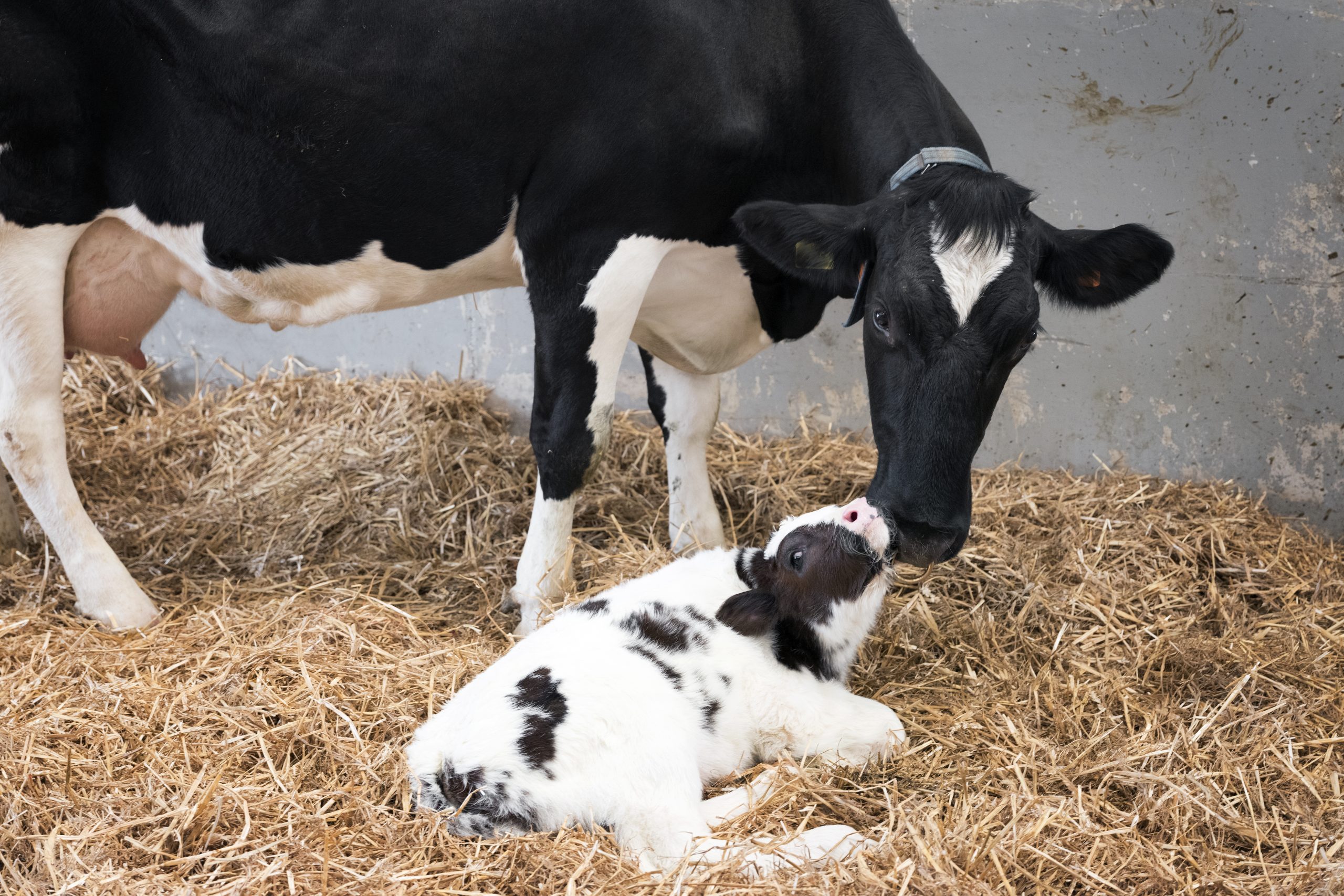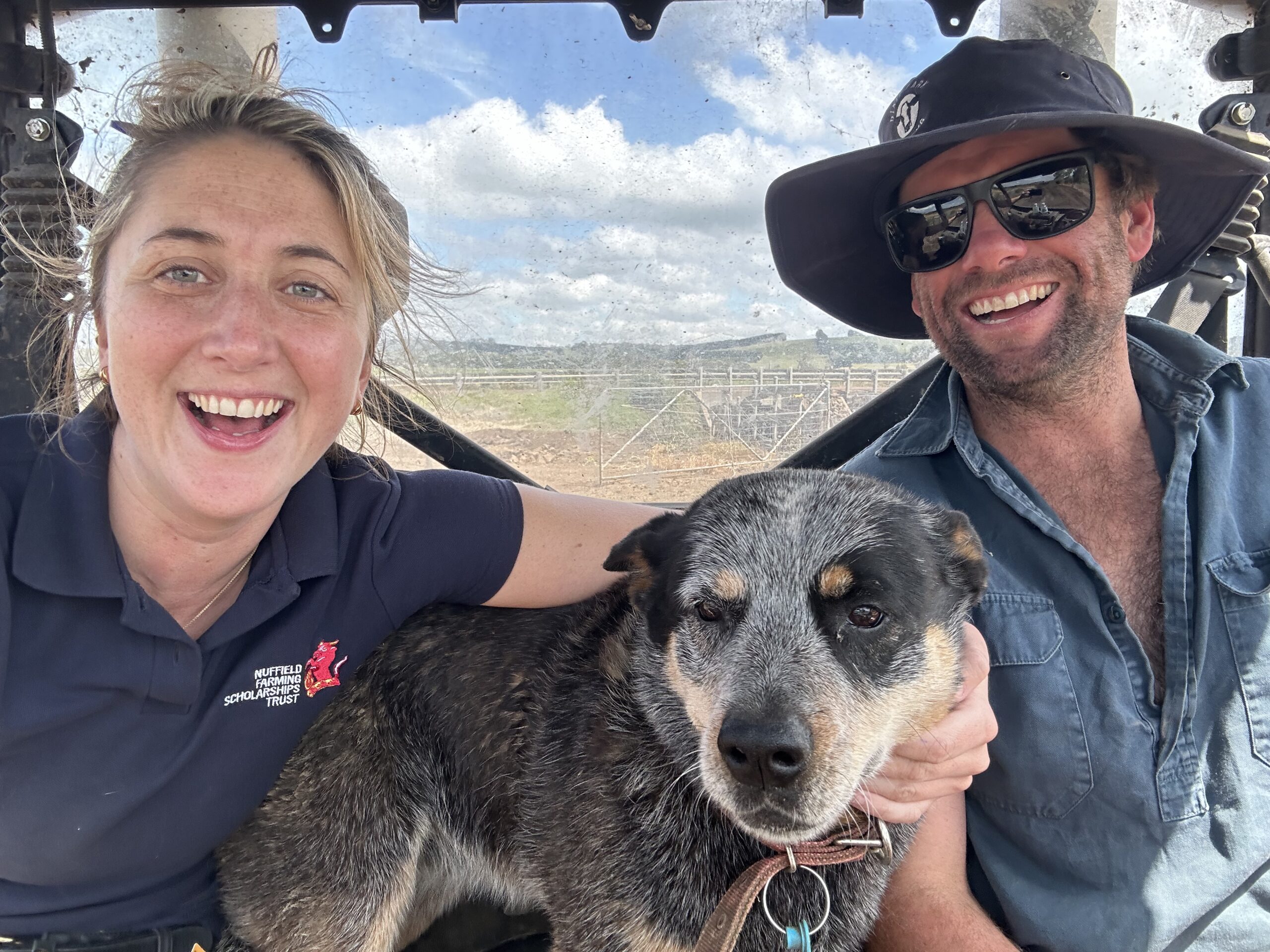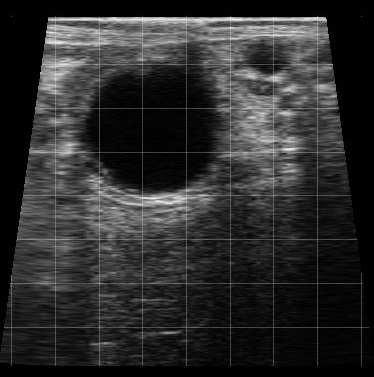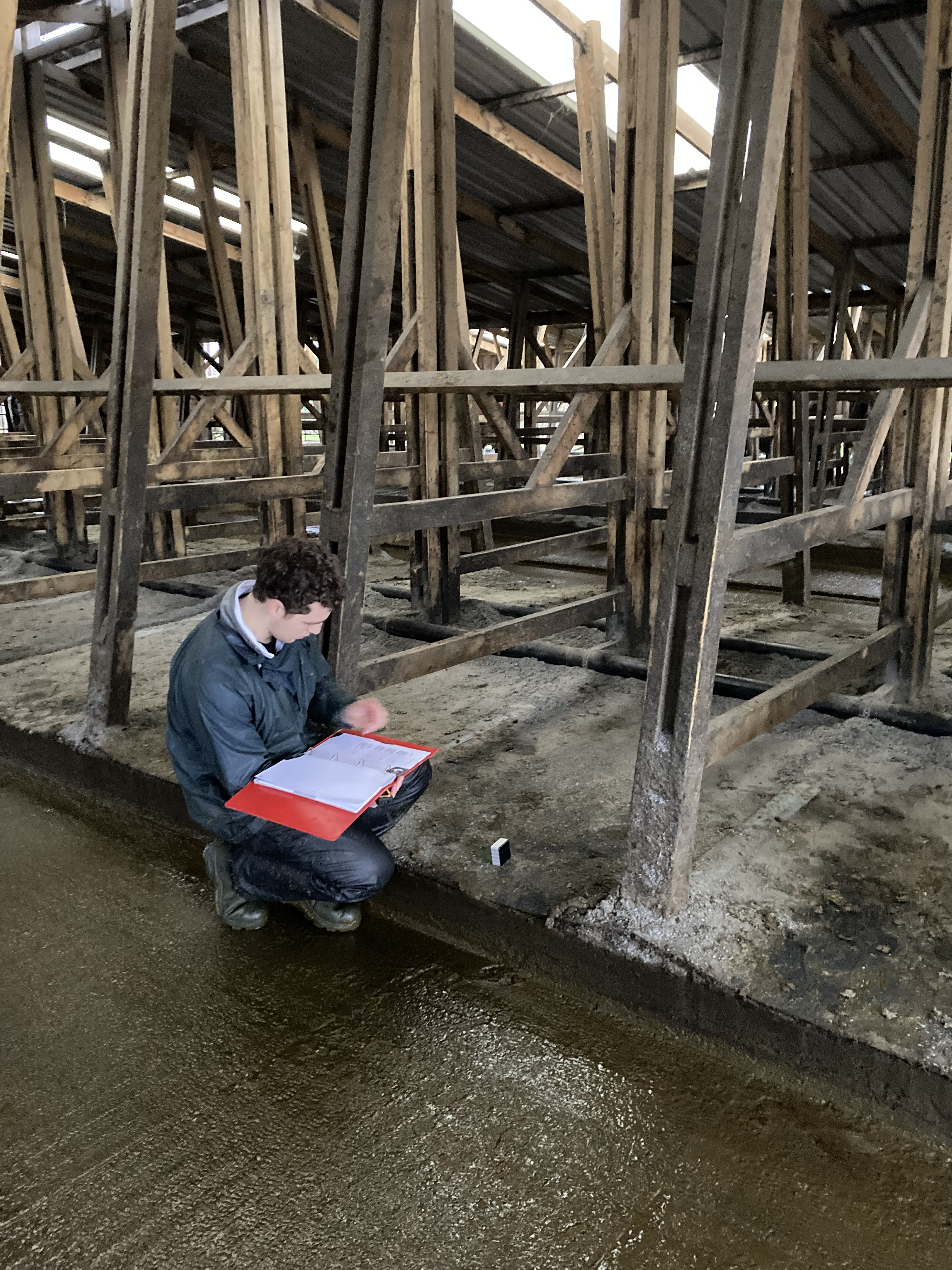It is estimated that between 5 and 10% of all calvings in the UK are assisted. Assistance can vary from a farmer giving a quick pull, to a veterinary surgeon being required to carry out a caesarean section. The more assistance required, the more severe the level of calving difficulty and subsequent compromise on health and welfare.

The effects of a difficult calving have immediate effects and can later affect fertility and milk production. Immediate effects include the stillbirth of a calf, vaginal or uterine tears, bleeding, death of the cow. Immediate post-partum effects include retained cleansing, metritis, milk fever, down cows.
Whilst many of us are aware of the health impacts of difficult calving, we may be blindsided by the welfare implications of a difficult calving. By incorporating a NSAID into a treatment protocol post calving we can improve welfare and subsequent health of the cow.
NSAIDs or non-steroidal anti-inflammatories, are a class of drugs which can be used to treat; pain relief, pyrexia (increased temperatures), inflammation and also have anti-endotoxic effects. We have a few different products available to use, and some may be more appropriate than others. In a difficult calving we are focused on the pain relief benefit of NSAIDs.
Cows which have had an assisted calving receiving NSAIDs will be more comfortable, have reduced pain..
A number of studies have been carried out on the routine use of NSAIDs around calving, and whilst they improve health and welfare immediately post-partum, most have found no benefit in terms of fertility and milk production in early lactation.
Ketoprofen (Kelaprofen) carries a specific licence for parturient paresis at calving, and studies have shown that if given immediately after calving can reduce the risk of RFM, but has no effect on post-partum disease, milk production or fertility, whilst meloxicam (Metacam) and carprofen (Rimadyl) have the benefit of providing pain relief for 48-72h after injection. With a number of NSAIDs available, you should choose something long acting if you are only going to inject a cow once.
It goes without saying, that a cow that has improved welfare will return to normal faster than one that has compromised welfare. All calving’s requiring any assistance should receive an NSAID, although putting this protocol in place for every calving is unlikely to be economically beneficial. Cows which have had an assisted calving receiving NSAIDs will be more comfortable, have reduced pain and therefore will increase their normal behaviours (increased eating time, increased rumination time, lying time), therefore reducing the likelihood of post-partum disease including ketosis and LDA.
If you have any questions about the use of NSAID’s at calving, please speak to your vet.











Leave A Comment